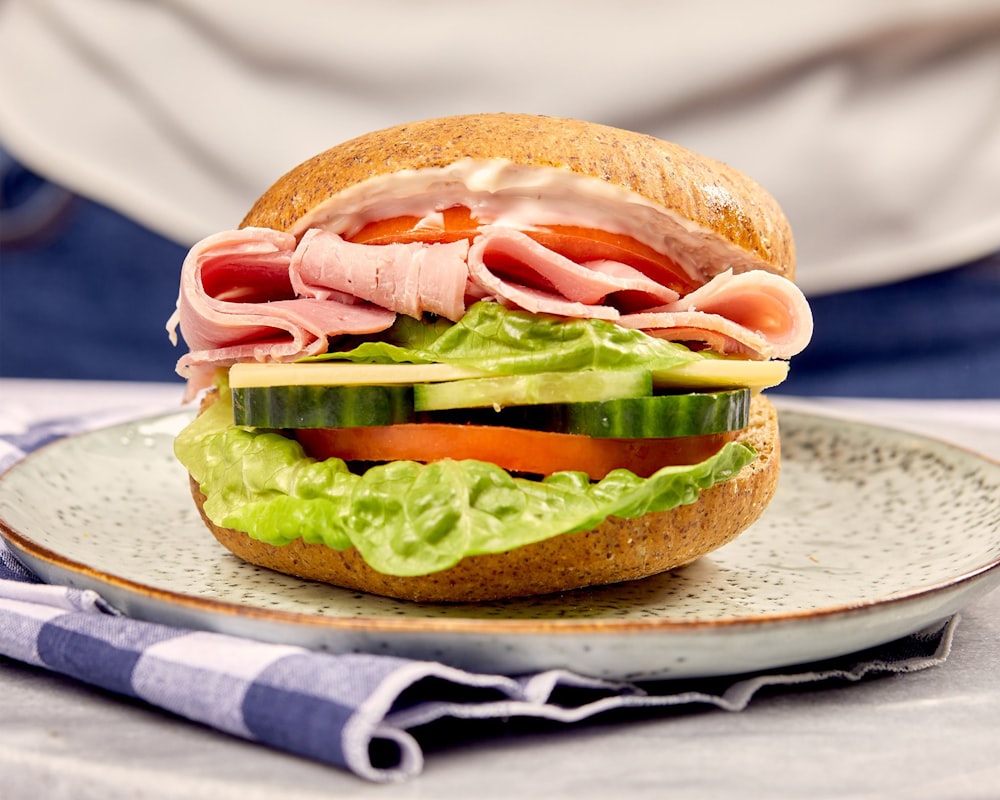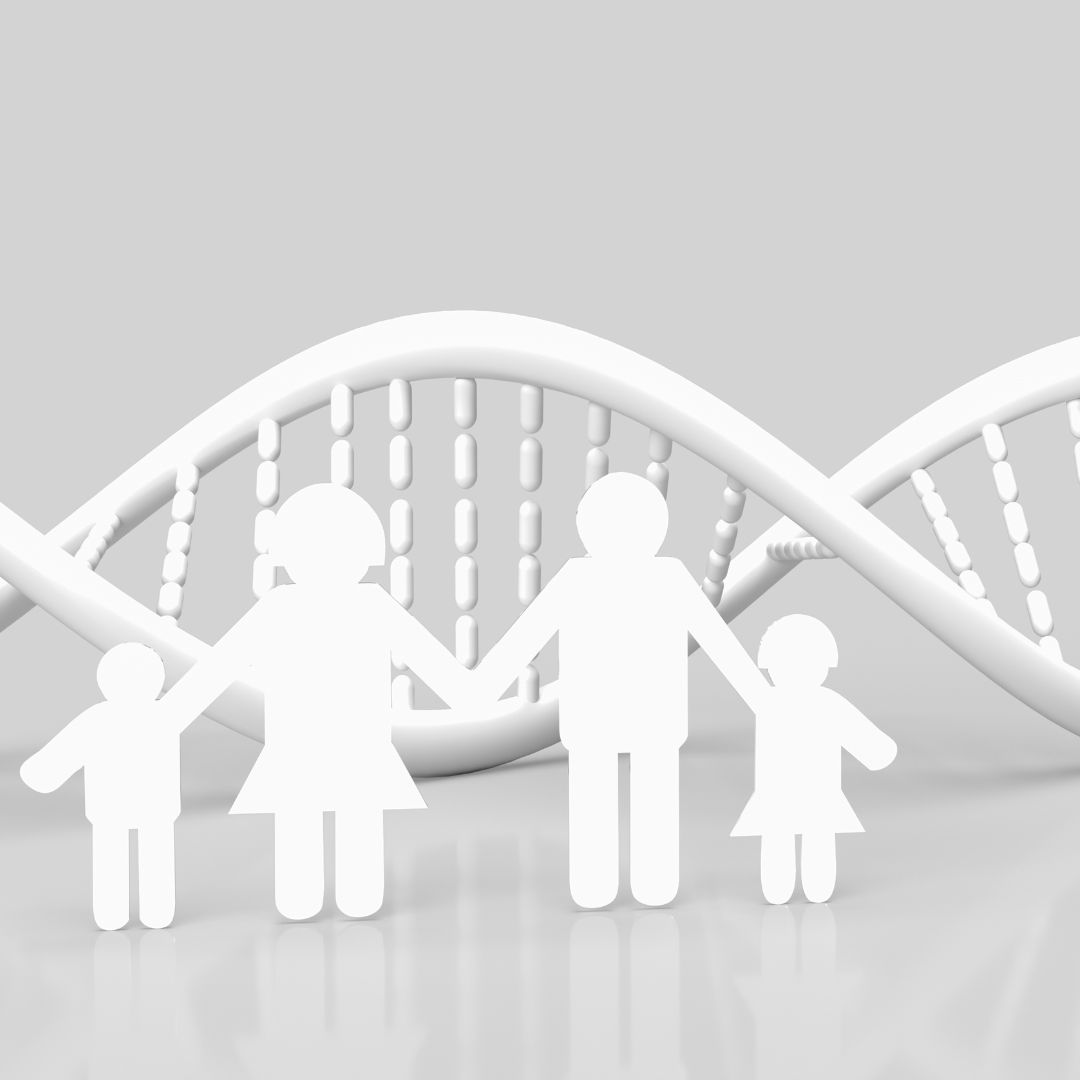
Mental health awareness has taken off in recent years, and for many, there is definitely a noticeable relationship between the keto diet and mental health. Many of those struggling with mental health wonder about possible remedies that go beyond psychotherapy.
We know that our bodies, including our brains, are made from the foods we eat. Since your brain is mostly made of fatty tissue, it makes sense that fats could improve brain function.
It turns out that there may be a positive link between the keto diet and mental health. Is this because keto is a high-fat diet, encouraging a lot of healthy fats to be consumed? Ketogenic, or “keto”, diets are based around fat as the primary macronutrient. “Classic” keto diets feature 90% of your calories coming from fat. However, you can modify it to a little over 80%, or around 75% with a higher intake of MCT oil.
The keto diet and mental health do seem to have a positive relationship. By potentially increasing GABA, rebalancing neurotransmitters, decreasing inflammation and lowering oxidative stress, the keto diet does have the potential to improve your mental health.
At this point, you might be wondering what the current evidence is for the mental health benefits of the keto diet. Let’s explore this topic below.
Redefining Mental Health

Our mental health isn’t all in our heads. When researchers tried to uncover why many mental illnesses are linked to other types of chronic disease, medication and body weight seemed to have little effect. But how could a chemical imbalance in the brain affect our risk of diabetes or cardiovascular disease? It looks more likely that inflammation, oxidative stress and poor glucose metabolism also play major roles in mental illness. Many health benefits of the keto diet, fortunately, come from these same pathways.
Glucose Metabolism
The brain is the most energy-demanding part of your body. Even though it only makes up 2% of our body weight, it uses over 20% of our energy intake. This is partly why we get “hangry”, as our brains cannot function properly if these high needs aren’t met. Chronic energy deficiency may, naturally, lead to more severe and long-term damage.
Poor glucose metabolism is linked to mental health issues such as depression, bipolar disorder and even schizophrenia. In fact, one study shows that two key glucose receptors, GLUT-1 and GLUT-3, are roughly 20% lower in schizophrenic brains. The expression of some genes involved in breaking sugar down for energy is lower by a similar percentage too. On the other hand, cells had more receptors for ketones.
Mild traumatic brain injuries also feature impaired glucose metabolism, including concussion. This usually returns to normal, but long-term symptoms after a concussion could be related to continued problems with energy production. If you don’t have a mental illness but enjoy contact or extreme sports, a keto diet may therefore still be helpful. Early research shows that keto diets with MCT oil may significantly reduce the severity of the post-concussion syndrome. Visual memory had the most improvement, while overall post-concussion symptoms were less severe. As damage from concussions can build up and lead to more problems later, it’s best to intervene now.
Inflammation And Oxidative Stress
We often think of oxidative stress when it comes to sunburns and the overall ageing process. However, it influences some mental illnesses too! Using ketones for energy produces less oxidative stress while boosting our antioxidant defences.
As energy production generates oxidative free radicals, the brain is particularly vulnerable to damage. Fortunately, the lower inflammation and oxidative stress, and improved energy metabolism, may help relieve Alzheimer’s disease.
Results don’t come overnight. People with Alzheimer’s disease may find some relief after 12 weeks of MCT oil supplementation, but one dose was not effective. The long-term benefits of reduced inflammation, oxidative stress and metabolic disruption are likely behind ketones’ effects, not simply switching fuel sources.
Glutamate And GABA Balance: Keto Diet Increases GABA, Which Can Reduce Anxiety

Some health benefits of the keto diet come from an ability to balance glutamate and GABA, which stimulate and relax the brain respectively. Low GABA can lead to anxiety, insomnia and panic disorders, so keto diets may soothe these issues. In fact, laboratory research found that rats being fed ketones showed lower levels of anxiety. Another showed that the babies of rats on ketogenic diets were less likely to show anxiety and depression.
There hasn’t been much research specifically on the keto diet and anxiety, but many people have had amazing results. For example, Matt of Simple Living With The Segovias describes his success with a keto diet for anxiety. Although he had anxiety since early childhood, after three months on the keto diet he explained “I just don’t have those racing thoughts, the anxiety, the lingering depression.” The comments section features a number of viewers who have enjoyed significantly – or even totally – relieved anxiety and depression after beginning a keto diet too.
Increasing GABA doesn’t just help reduce anxiety. Increasing GABA is also an aim of epilepsy treatment, as seizures can originate from over-excited neurons. Interestingly, research demonstrates that most people with epilepsy find at least some improvement on a ketogenic diet. One study even had 55% of participants achieving total freedom from seizures. Instead of a sedating effect seen with conventional measures, ketones improve energy.
How MCT Oil Is Best
Look at my experience, for example. I myself do not have a mental illness, but I do have trouble focusing. When I drink coffee with medium-chain triglyceride (MCT) oil, I find the energizing effects last much longer. My attention span is improving over time and I am becoming more present in each moment. However, when I cook keto recipes every once in a while, I don’t get this effect unless I add MCT oil. Drinking coffee on its own doesn’t have the same buzz, so it can’t just be caffeine. This is likely because MCT oil may convert directly into ketones, which is why they allow for higher carbohydrate intake when featured in ketogenic diets.
Research demonstrates that MCT oil can bypass impaired glucose metabolism, which increases the brain’s energy supply. Brain scans show a near-normalization of energy use without any boost in glucose metabolism. This won’t overstimulate the brain, as young healthy people show a drop in glucose usage with MCT oil. In people with Alzheimer’s disease who have sugar metabolism issues, the MCT oil fills up the energy needs gap.
Other Influencing Factors

Nothing happens in isolation, and the relationship between the keto diet and mental health is no exception. In two clinical trials of the diet for autism, it improved social communication and other symptoms overall. One child even improved from “severe autism” to “non-autistic” on the Childhood Autism Rating Scale! As results did vary, researchers thought that differences in their gut microbiome influenced the results.
Increased HDL, which plays a role in immune regulation, as well as allergic responses, could influence the keto diet’s success too. One of these studies showed greater successes alongside higher HDL cholesterol and lower counts of immune cells involved in allergic reactions. Overall, there was a 50% success rate in achieving a 4+ point improvement on the ADOS-2 scoring system. 40% were “super responders”, improving by 7 points.
The Gut Microbiome
The gut microbiome plays an important role in our digestive and overall health, with mental health being no exception. Our friendly species of bacteria feed on certain poorly digestible carbohydrates, known as prebiotic fibres. Low-carb and keto diets have the risk of being too low in this prebiotics, so it’s important to consider your intake. Onions, leeks, asparagus and mushrooms are non-starchy sources of prebiotics, and you could even add in some hummus too. The gut microbiome does a lot for us, so let’s not neglect it.
Keto Diet and Mental Health: In Summary
Overall, the keto diet and mental health may have a strong, positive relationship. With a rebalancing of neurotransmitters; lower inflammation and oxidative stress; and improved energy metabolism, its benefits come from several angles. Consult a qualified health professional for individualized support if you are interested in the keto diet, and consider testing from CircleDNA to find other factors that may influence your mental health.
If you want to find out if genetically, you’re well-suited to the keto diet, get your DNA testing kit from CircleDNA today.






